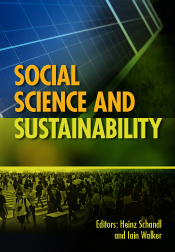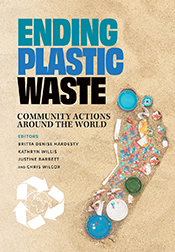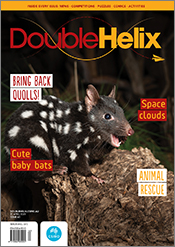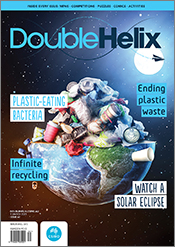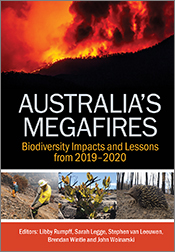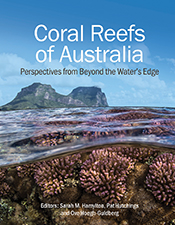Social Science and Sustainability
Edited by: Heinz Schandl, Iain Walker
A discussion of social science and sustainability concepts, frameworks and methodologies.
Sustainability policies shape the ways that society and the economy interact with the environment, natural resources and ecosystems, and address issues such as water, energy and food security, and climate change. These policies are complex and are, at times, obscured by contestation, uncertainty and sometimes ignorance. Ultimately, sustainability problems are social problems and they need to be addressed through social and policy change. + Full description
Social Science and Sustainability draws on the wide-ranging experience of CSIRO’s social scientists in the sustainability policy domain. These researchers have extensive experience in addressing complex issues of society–nature relationships, usually in interdisciplinary collaboration with natural scientists. This book describes some of the evidence-based concepts, frameworks and methodologies they have developed, which may guide a transition to sustainability. Contributions range from exploring ways to enhance livelihoods and alleviate poverty, to examining Australians’ responses to climate change, to discussing sociological perspectives on sustainability and how to make policy relevant.
Researchers, policy-makers and decision-makers around the globe will find this book a valuable and thought-provoking contribution to the sustainability literature. It is also suited to academics and students in postgraduate-level courses in social sciences and sustainability, or in courses in applied sociology, applied social psychology and other applied social sciences.
- Short descriptionDetails
Paperback | June 2017 | $ 69.95ISBN: 9781486306404 | 232 pages | 245 x 170 mm
Publisher: CSIRO Publishing
Illustrations
ePDF | June 2017
ISBN: 9781486306411
Publisher: CSIRO Publishing
Available from eRetailers
ePUB | June 2017
ISBN: 9781486306428
Publisher: CSIRO Publishing
Available from eRetailers
Features
- Authors are from a variety of social science disciplines: sociology, human geography, planning, economics, psychology, anthropology, human ecology, physical sciences and political sciences
- Describes frameworks and methodologies to foster increases in sustainability
Contents
ForewordAcknowledgements
Contributors
1: Introduction
2: Why do we need a sociology of society’s natural relations to inform sustainable development?
3: Integration science for impact: fostering transformations towards sustainability
4: Integrating development studies and social-ecological systems thinking: towards livelihood adaptation pathways
5: Remote, marginal and sustainable? The key role of brokers and bridging institutions for stronger Indigenous livelihoods in Australia’s deserts
6: Sustainability science, place and regional differences: vulnerability and adaptive capacity in Sydney
7: A hierarchy of needs for achieving impact in international Research for Development
8: The co-construction of environmental (instream) flows and associated cultural ecosystem services
9: Dipping in the well: how behaviours and attitudes influence urban water security
10: Making sense of Australians’ responses to climate change: insights from a series of five national surveys
11: Innovation, sustainability and the promise of inclusion
12: Risk, sustainability and time: sociological perspectives
13: Policy-relevant research: improving the value and impact of the social sciences
Index
View the full table of contents.
Authors
Heinz Schandl has a PhD in sociology. He is a senior scientist at CSIRO in Canberra, honorary professor at the ANU Fenner School of Environment and Society and adjunct professor at Nagoya University in Japan. He is a member of the UNEP International Resource Panel. His research connects social theory, social metabolism and environment and sustainability policy.
Iain Walker is a social psychologist and Professor of Psychology at the University of Canberra. He was formerly a senior principal research scientist at CSIRO and Research Program Leader of the Social and Economic Sciences Program.

